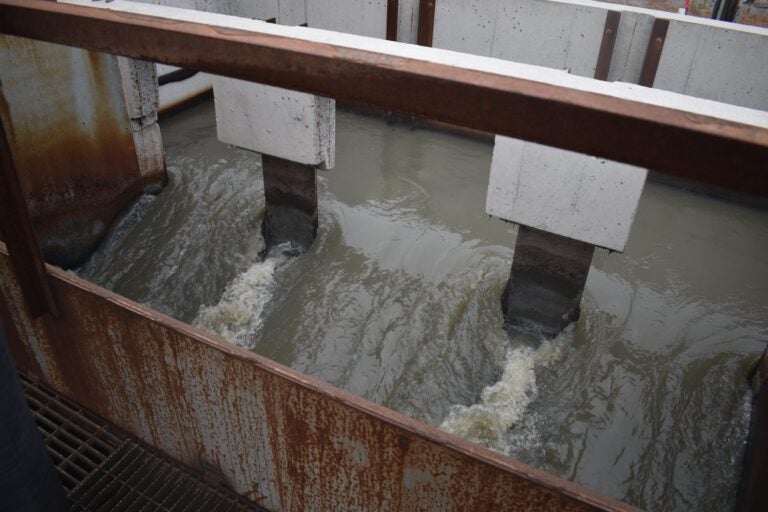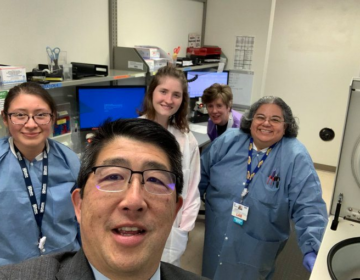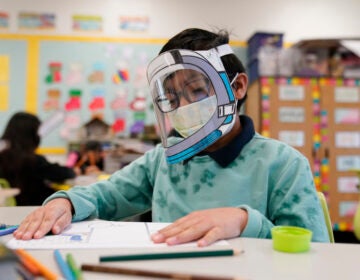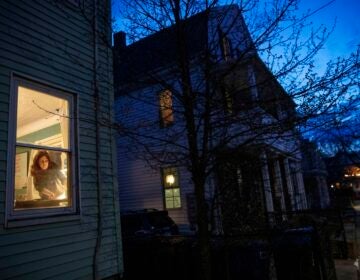Researchers at MIT’s Biobot use fecal matter to track coronavirus in Delaware
Samples of wastewater from sewers in New Castle County reveal much higher incidence of the coronavirus than testing shows.

Samples of wastewater from sewers in New Castle County reveal a clear picture of coronavirus cases. (Courtesy of New Castle County)
Researchers at MIT start-up Biobot have a high-minded assignment for the waste that ends up in the sewer system after being flushed down the toilet. “Our mission is to transform wastewater infrastructure into public health observatories,” says the group’s website.
Based on copies of the coronavirus found in samples from the sewer system in New Castle County and in Wilmington, Biobot estimates there were 15,200 cases of the virus in the county as of April 15. The total number of cases confirmed by the state Division of Public Health was 974 on April 15.
The Division of Public Health did not have a comment on the report. A spokeswoman said they were not aware of the study.
“We must do whatever we can to keep communities safe, and we must do it today,” New Castle County Executive Matt Meyer said. “This is a data point that may [us] help better understand the prevalence of COVID-19 in our community. Anything that helps make this invisible enemy a little more visible is welcome.”
Because clinical testing of patients has been slow and many people who have the virus don’t show symptoms, Biobot’s testing may give a better picture of what the actual case number is.
According to the Centers for Disease Control and Prevention, the coronavirus has been detected in feces of some patients; “the amount of virus released from the body (shed) in stool, how long the virus is shed, and whether the virus in stool is infectious are not known.”
The CDC says the risk of transmission of the virus via feces is not known, but “the risk is expected to be low based on data from previous outbreaks of related coronaviruses.” There has been no confirmed fecal-oral transmission of COVID-19, according to the CDC.
New Castle County only had to pay shipping to send samples to Biobot’s lab in Massachusetts. The analysis was provided for free. Testing will continue over the next three weeks, in hopes of offering more data as the state considers how to lift stay-at-home restrictions that have caused unemployment numbers to jump.
“As we monitor readings in future weeks, we hope to gain insight that will help us flatten the curve, save lives, and begin preparations to safely return to work,” Meyer said. “We thank Biobot for this innovative partnership.”
Biobot first started offering testing to municipalities on March 23. It’s now testing wastewater at more than 100 treatment facilities in 25 states and is at full capacity. It hopes to be able to expand its capability in the future to be able to test in more communities.
Biobot researchers have partnered with colleagues at the Massachusetts Institute of Technology and Harvard, as well as folks from Brigham and Women’s Hospital to provide the testing as a pro bono service.
WHYY is your source for fact-based, in-depth journalism and information. As a nonprofit organization, we rely on financial support from readers like you. Please give today.




![CoronavirusPandemic_1024x512[1]](https://whyy.org/wp-content/uploads/2020/03/CoronavirusPandemic_1024x5121-300x150.jpg)


